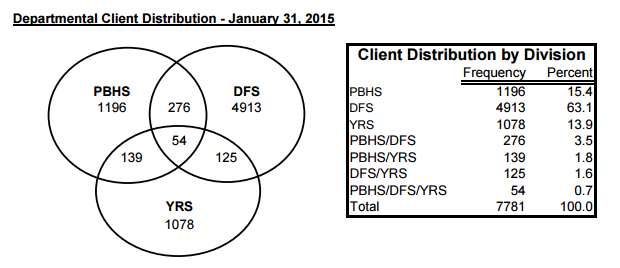Jurisdictional boundaries
States vary in how each sets the basic playing field for juvenile justice with lower and upper age boundaries. State legislatures further create a range of complex exceptions for transfer to criminal court based on case-by-case, age and offense specifics.
Juvenile defense
The right to counsel in delinquency proceedings is a fundamental aspect of juvenile justice, but knowledge useful for making policy comparisons and monitoring defense trends is rare.
Racial/ethnic fairness
Learn about the complexities states face with monitoring racial and ethnic fairness across juvenile justice decisions and state reporting trends which are public-facing.
Juvenile court
Each state has established a court with juvenile jurisdiction to address the law violating conduct of youth. Explore the structural and procedural differences.
Juvenile justice services
There is not one uniform U.S. juvenile justice system; rather 51 different systems with great variation in how delinquency services are provided and evidence-based practices are supported.
Status offense issues
Explore the complexities of how states apply labels to behaviors that are illegal merely by virtue of a youth's status as a minor.
Systems integration
Youth who are involved in more than one system may require special attention and coordination. Explore what the states are doing to share information and coordinate services.





